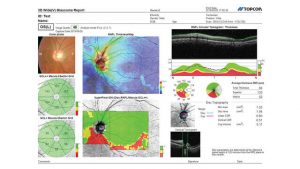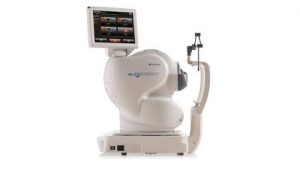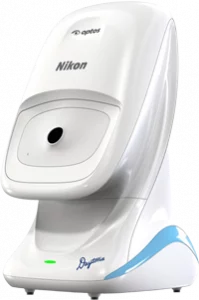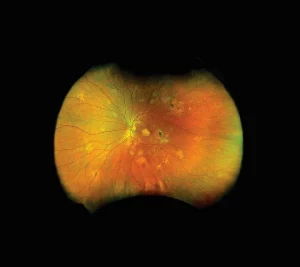An eye examination is a battery of tests performed by an ophthalmologist or optometrist to check the health of the eyes, assess vision and how the eyes function together. Healthcare professionals recommend that everyone should have regular eye examinations to check vision and the health of the eyes. This is especially important since many eye diseases have no signs or symptoms in their early stages – your eyes wouldn’t look red, feel uncomfortable nor would you notice any loss of vision.
Eye examinations can detect eye diseases, many of which are treatable along with signs of general health problems such as high blood pressure, diabetes, some forms of cancer, arthritis and multiple sclerosis.
Give yourself the best eye health check you possibly can and upgrade your sight test to an OCT or Premium Eye Exam. Available for additional fees when you have a private or NHS sight test.






